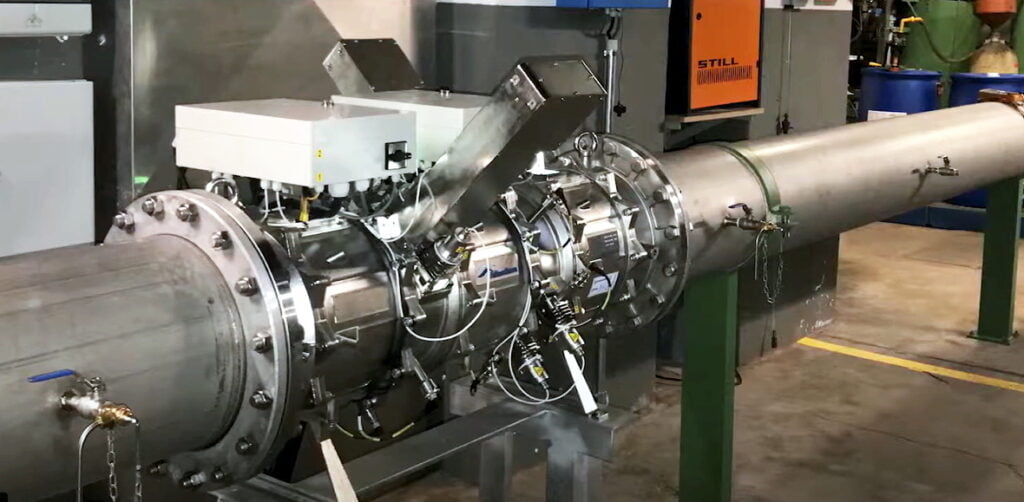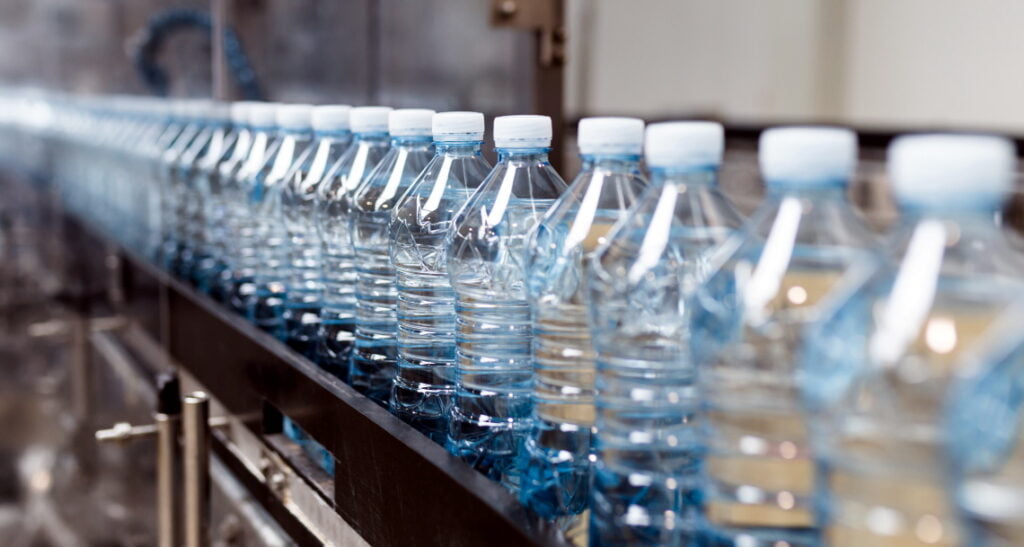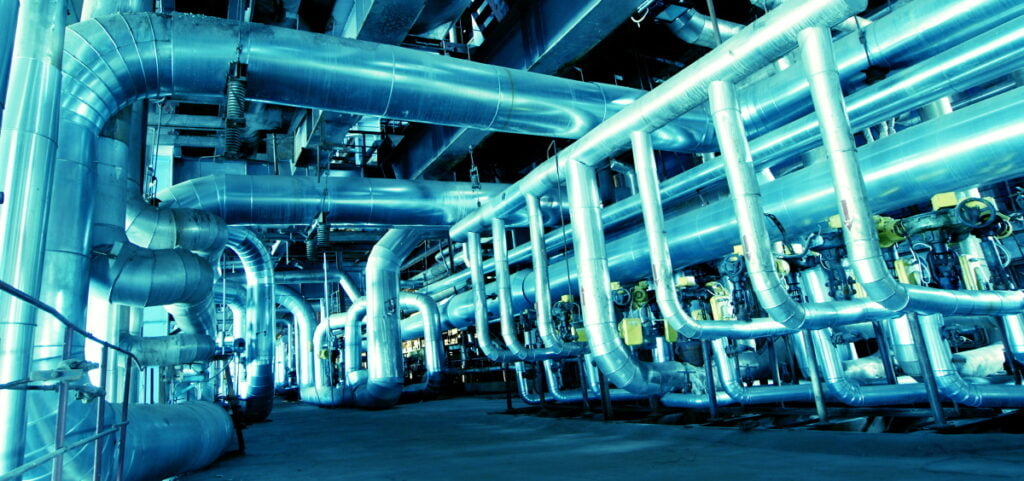Ultraviolet radiation kills bugs. Physician and scientist Niels Ryberg Finsen made that discovery – sunlight destroys bacteria – and won the Nobel Prize for Medicine for it back in 1903.
Atlantium Technologies, an Israeli company, has combined his “old” technology with 21st century fiber optics to develop patented technology that can disinfect water on an industrial scale.
We need clean water for drinking, obviously. But power plants also need it. So do oil refineries, pharmaceutical companies, dairies, breweries, municipalities, textile factories, fish farms, and more.

Every industry you can think of needs clean water – or the steam that is derived from it – for its day-to-day operations.
But clean water is in short supply. Seventy percent of the Earth may be sea, and we can now desalinate the saltwater, but it’s an expensive process, and it’s no good for landlocked countries.
So we can reduce our consumption – fewer showers, maybe – we can pray for rain, or we can re-use the water we have. The last option is the most popular.
Chemicals are widely used to disinfect water, but if you’ve swum in a heavily-chlorinated pool you’ll understand the drawbacks.

Using UV is another option. The challenge has always been to scale up technology so it can handle huge volumes of water, and to refine the technique so it approaches what those in the industry call “total kill”.
Atlantium has met both challenges, says CEO Yariv Abramovich, by combining both UV and fiber optics.
“UV is a very common way to treat water,” he tells NoCamels. “The challenge is when the pathogens are aggressive, and the flow is high. You need to treat the water very efficiently.”
Invisible UV rays zap pathogens and viruses so they can no longer reproduce. Zapping many of them is relatively easy, says Abramovich. Zapping virtually all of them is the tricky bit.
“Pathogens are very, very smart. If you leave one, they’ll keep growing. Everybody can do the simple stuff, killing the first 80 percent. The trick is to be very close to total kill.
“We are one of the few companies that can do it, in a harmless and energy-efficient way, without using any chemicals. Our technology is very sophisticated and well designed.”
Atlantium, founded in 2003, has its systems installed at over 3,000 locations in almost 70 countries.
The key to its success is its Hydro-Optic technology, protected by more than 60 patents, that ensures the UV reaches every last drop of water.
Sophisticated use of fiber optics bounces photons – or light particles – through the water as it flows through the reactor.
Sign up for our free weekly newsletter
Subscribe
Most of us know fiber optics as the cables that deliver super-fast broadband to our homes. Atlantium uses the tiny strands, each as thin as a human hair, to deliver UV rays.
“We are a very innovative company that basically pushes the limits of the use of UV,” says Abramovich. “We have the chutzpah (extreme self-confidence) to say it’s going to work, even if it hasn’t worked before.”
Atlantium technology cleans the water used by Coca-Cola, Schweppes, Pepsi, Carlsberg, Tuborg, MillerCoors, Kraft, Canada Dry, Unilever, and many more.
In Chennai, India, it takes 1.5 million liters a day from an algae-laden lake and turns it into drinking water. It’s a dependable process that doesn’t rely on chemicals.
In Norway, its Hydro-Optic technology combats the viruses, fungus, algae, and a wide variety of bacteria in water used by the world’s first breeding plant for lumpfish.
And at the huge Hoover Dam hydroelectric plant, on the Colorado River, in Nevada, USA, it is deployed to stop invasive mussels clogging up the power-generating turbines.

UV isn’t the solution for all problems, says Abramovich. Unlike chlorine, it doesn’t have a residual effect that carries on working after it’s killed the pathogens.
But demand for clean water is increasing and available supplies are dwindling. There’s more and more pressure to find non-chemical alternatives to disinfect water, from industry and from governments and from other regulators.
That opens many more doors for Atlantium, based in Beit Shemesh, central Israel, such as electric power plants, pulp and paper factories, car manufacturers, chemical companies, and data centers.
“We want to introduce this technology to the conservative industrial market. We’re showing them it can be done differently, more efficiently and using less water,” says Abramovich.
“A manufacturing plant could have been taking as much water as it wants from a nearby river for the last 20 years.
“But now the government says not any more, because we need the water downstream. Take the water once, and re-use whatever you have.

“We’re a clear-impact company that has introduced the world to a high-end non-chemical UV based technology.
“And we are the silent partner of daily life for many, many companies. We are there to protect and allow them to consume safe water. And I know it sounds like a tree-hugger thing, but we are contributing to the world.”
Related posts

Editors’ & Readers’ Choice: 10 Favorite NoCamels Articles

Forward Facing: What Does The Future Hold For Israeli High-Tech?

Impact Innovation: Israeli Startups That Could Shape Our Future




Facebook comments